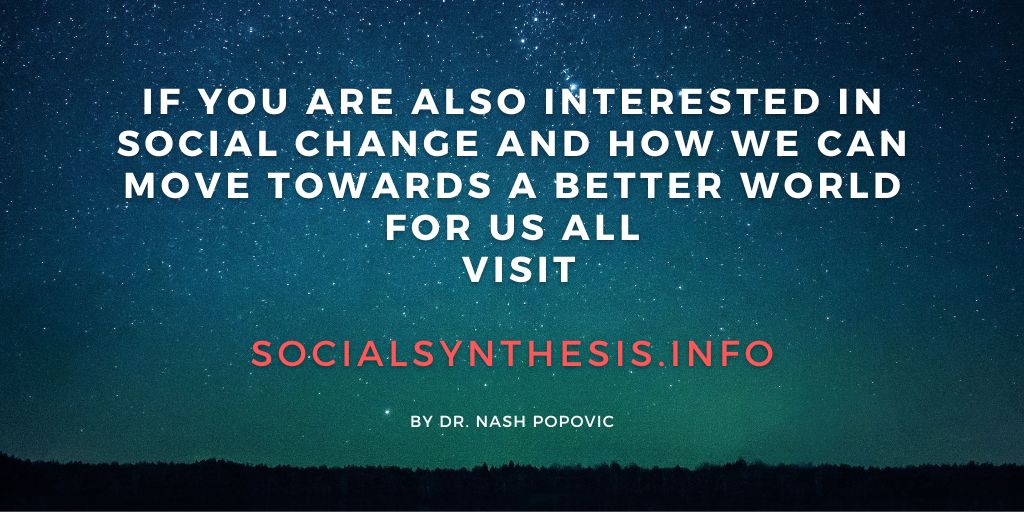64. Intimate Relationships
Love does not consist in gazing at each other but in looking outward together in the same direction.
Antoine de Saint-Exupery (French writer and aviator)
Two types of intimate relationships will be discussed here: passionate love and compassionate love. Even though some authors use different terms, they are all in agreement that there is a qualitative difference between an intense but usually short-term burst of passion, and the love that is associated with a long-term relationship. Many relationships fail because those involved do not understand the difference or do not know how to make the transition – which is what we will focus on in this area.
Passionate love
Passionate love is an intense desire for union with the other person. Its purpose is to break barriers and reduce the anxiety of being close to, in effect, a stranger. It is characterised by moments of exultation, excitement, feeling accepted and safe, and even a sense of unity and transcendence. The common view is that its occurrence cannot be controlled (hence, falling in love). In fact, there are a number of factors that can contribute to and fuel passionate love: novelty; intense positive or negative experiences (e.g. having an adventure or going through some difficulties with another person); fantasies (that tend to grow if gratification is delayed or denied). The most common trigger for passionate love though is identifying somebody with the fulfilment of one’s own needs and desires. In other words, projecting one’s ideal onto the other. This is enforced by glossing over anything that doesn’t fit that ideal. And yet, nobody is perfect – sooner or later, reality kicks in and inevitable differences between the real person and the ideal cannot be ignored any more. This (coupled with excitement naturally subsiding) is why passionate love is usually temporary. When we refuse to acknowledge these differences, passionate love becomes infatuation. It may lead to an attempt to force the other to adjust to one’s ideal, which usually ends in either disappointment or rejection. Let’s turn now to dealing with the latter.
Dealing with rejection
Unrequited love or a break-up are not easy to deal with: they intensify low self-esteem and loneliness, and may generate feelings of emptiness, anxiety, despair and jealousy. The following suggestions may help cushion the blow:
- Accept; playing the push-pull game will only prolong agony.
- Don’t bother with ‘why?’ There may not be a particular reason or the reason may not relate to you (e.g. the other person may not feel ready for the sort of relationship you want). • Remember that he cannot be the right one if he does not recognise that you are the right one.
- If you think he is the only one, he will remain the only one, and you may miss somebody better while obsessing about him. If you think that he is not, he will not be.
- Focus on other things (work, hobbies, other people). This exercise can help you regain control if you are experiencing unrequited passionate love or excessive attachment to somebody.
Falling in and climbing out: draw three columns. Write down in the left column your thoughts and fantasies about the person you are obsessing about. Then deliberately take a critical view and record it in the right column. For the middle column try to assume a more realistic and balanced view. This should enable you to distance yourself a bit and disentangle your projections from the real person.
Passion is exciting, but it is rarely sufficient to sustain a relationship and may even become an obstacle to a deeper connection. Some people get addicted to the dopamine rush of infatuation and as soon as the newness of a relationship wears off, they need to move on to a new partner in order to experience the same ‘high’. In any case, if passion is all that holds the relationship together, it is important to be aware that it may wear off at some point and to accept this when it happens. Otherwise, passionate love needs to evolve into so-called compassionate love.
Compassionate love
Compassionate love may be less intense but it is more durable. It, of course, does not exclude passion, but for a long-term relationship, more than passion is needed. These are four essential ingredients of compassionate (or companionate) love:
- Being together: enjoying each other’s company, being open and close to each other. Openness and closeness increase sensitivity though, so the more we are open, the easier it is to get hurt or upset. This can be overcome by cultivating trust and tolerance, as well as care, respect, and appreciation (focusing on the positive rather than negative aspects of your partner). Research suggests that positive evaluative behaviour plays a crucial role in maintaining a satisfying and loving relationship.
- Doing together: having shared goals, activities or interests (e.g. bringing up children, buying a house, a shared hobby or project). The challenge here is excessive individualism (‘my way or the highway’). To overcome this, view yourselves as a team: plan, do or make things together and be open to different ways of doing so. It is said that when partners listen to the thoughts of the other as much as to their own and respond to both with equal interest and caring, that’s true love.
- Staying together means persevering even when things are rough and tough, which requires commitment: making a decision (for yourself) to keep going, even when you don’t feel very loving, or your relationship or partner are going through difficulties. This means that you can be counted on, and may include helping, comforting and protecting the other when needed. You give up only if you feel that the other is not committed. As long as everybody involved is, there is hope.
- Growing together guards the relationship from becoming stale. A good relationship is not found but continuously created. This is facilitated by willingness to learn, explore and, above all, to change and transcend oneself. Not in order to accommodate the other or to compromise, but in order to grow and help them grow. So, when you want your partner to change, ask yourself if you are prepared to change too.
What may not be needed
There are other things frequently associated with intimate relationships that may not actually be necessary to their success:
- Similarity can make life easier but is not essential. Accepting that somebody is different requires courage and some effort, but such a person may complement you and enrich the relationship more than one who is your mirror image.
- Proof of love: rather than showing it, seeking proof or having to prove love (e.g. with presents) indicates underlying insecurity either in oneself, the partner, or the relationship.
- Enclosure: focusing only on each other may hinder growth. Time for solitude and outside interests can enrich and bring some fresh air into the relationship.
- Possessiveness is a result of a desire to have, which leads to treating the other as object rather than subject (possessing or ‘having’ implies control, which deprives the other of her own will). This cannot be conducive to a good relationship.
- Jealousy never helps, even when it may be justified. It stems from insecurity rather than love and generally has negative effects on the relationship. This is not to say that everything goes. Intimate relationships may require the exclusion of others to an extent that is mutually agreed (for some this may be sexual intercourse, for others kissing or flirting).
- Perfection is a pipedream: a secret of a lasting relationship is accepting those imperfections in the relationship, yourself and your partner that cannot be changed or do not really matter.
How to maintain passion in a long-term relationship
- Passion can be ignited by novelty and fancy but is maintained by intimate depth, closeness and familiarity, as they enhance the quality (as opposed to intensity) of experience.
- Intimacy and closeness are not givens though; people may imperceptibly drift apart or build walls. So, never take the other person for granted or let yourself be taken for granted.
- If at a low ebb of sexual desire, do not force anything but maintain intimacy in other ways (kissing, cuddling, hugging).

